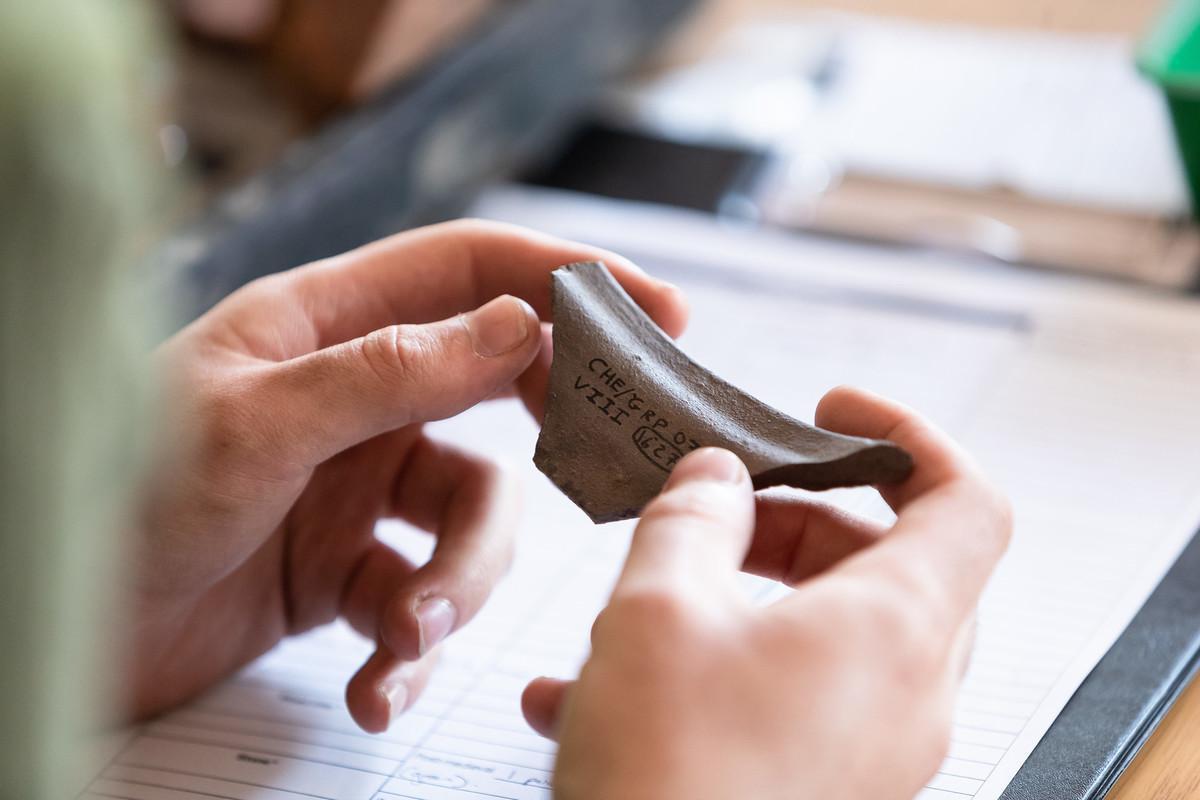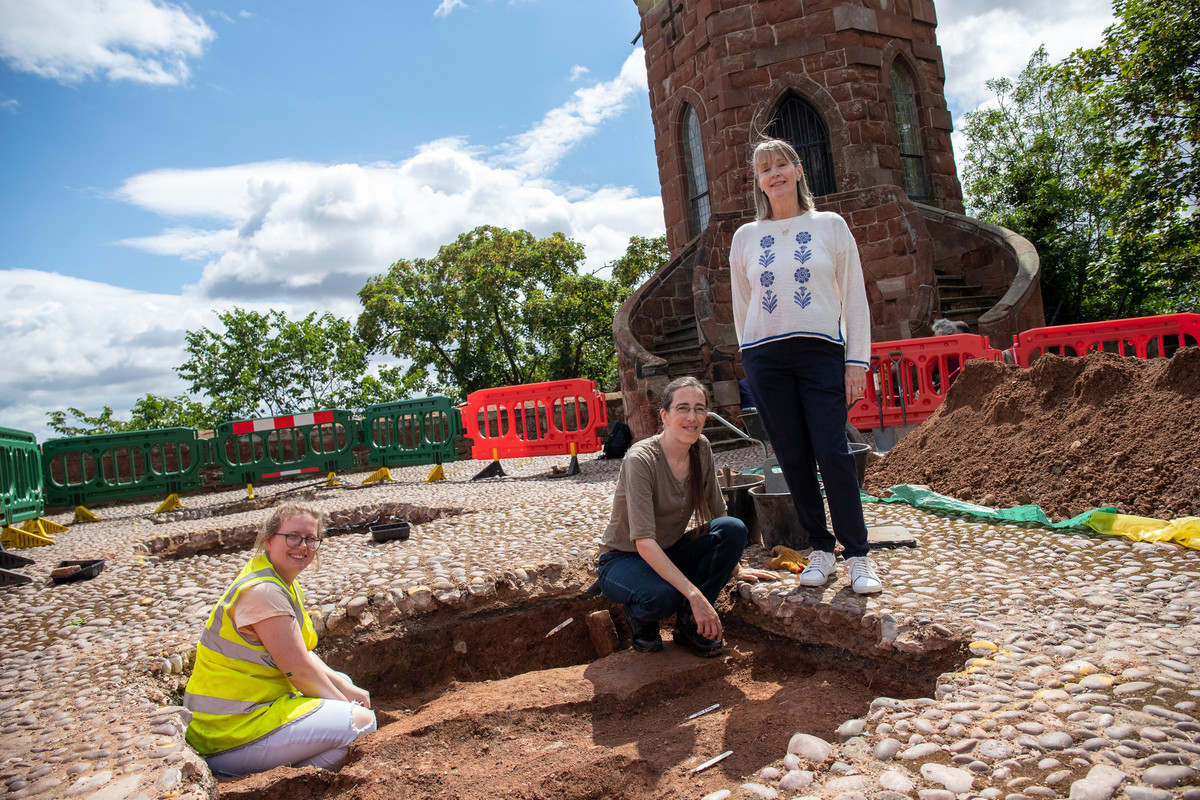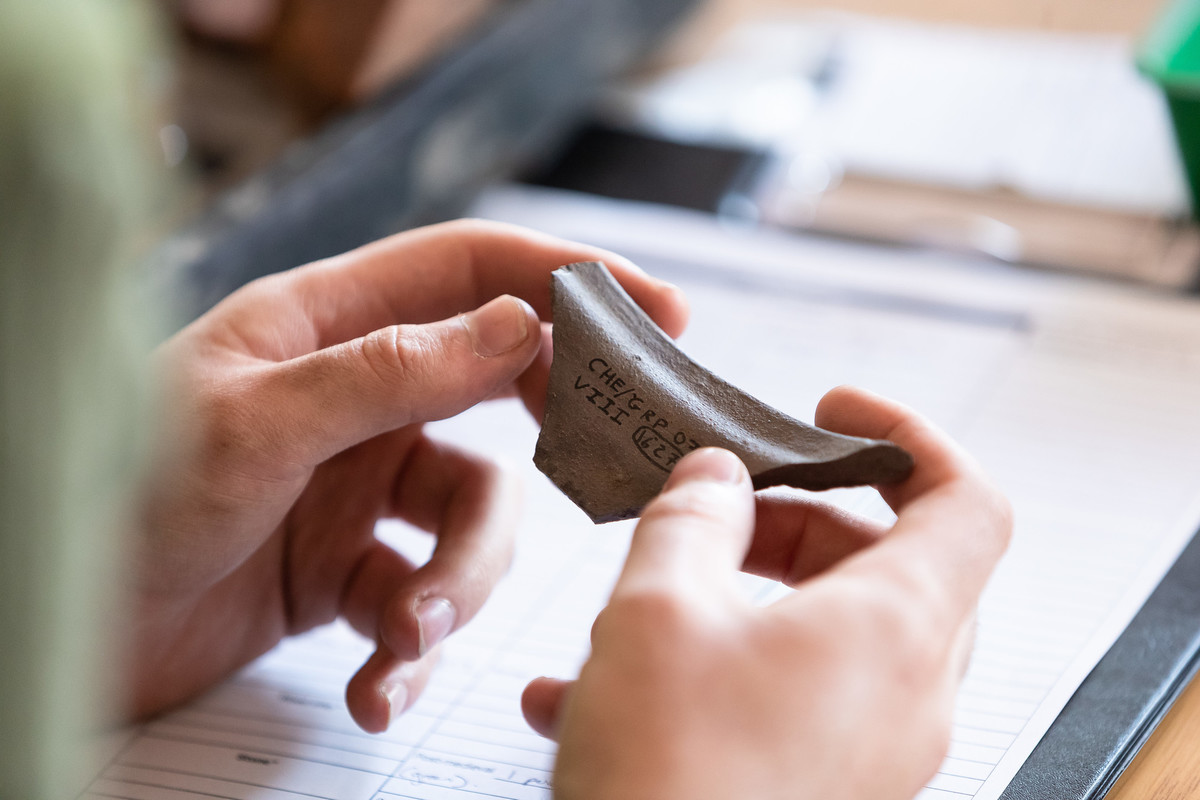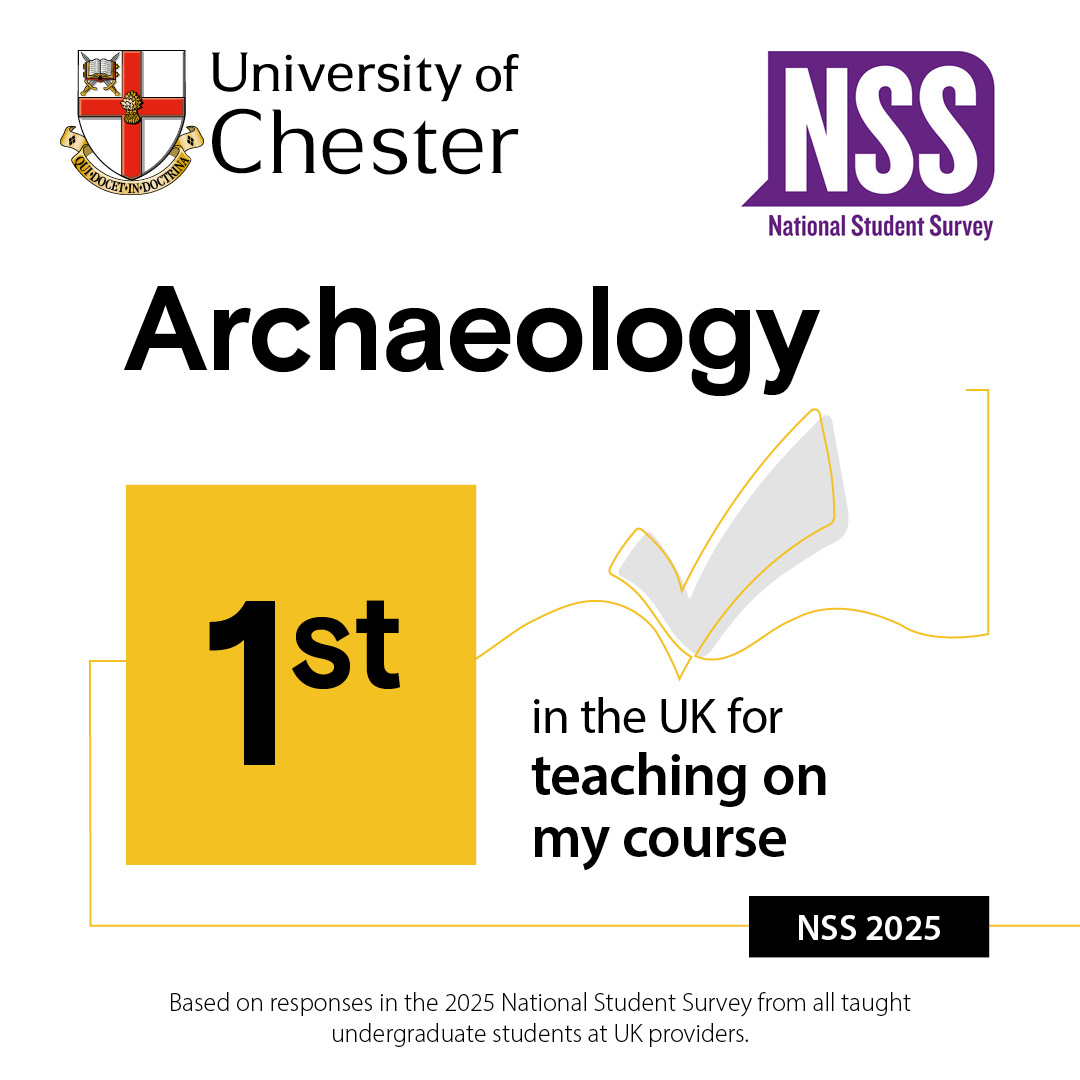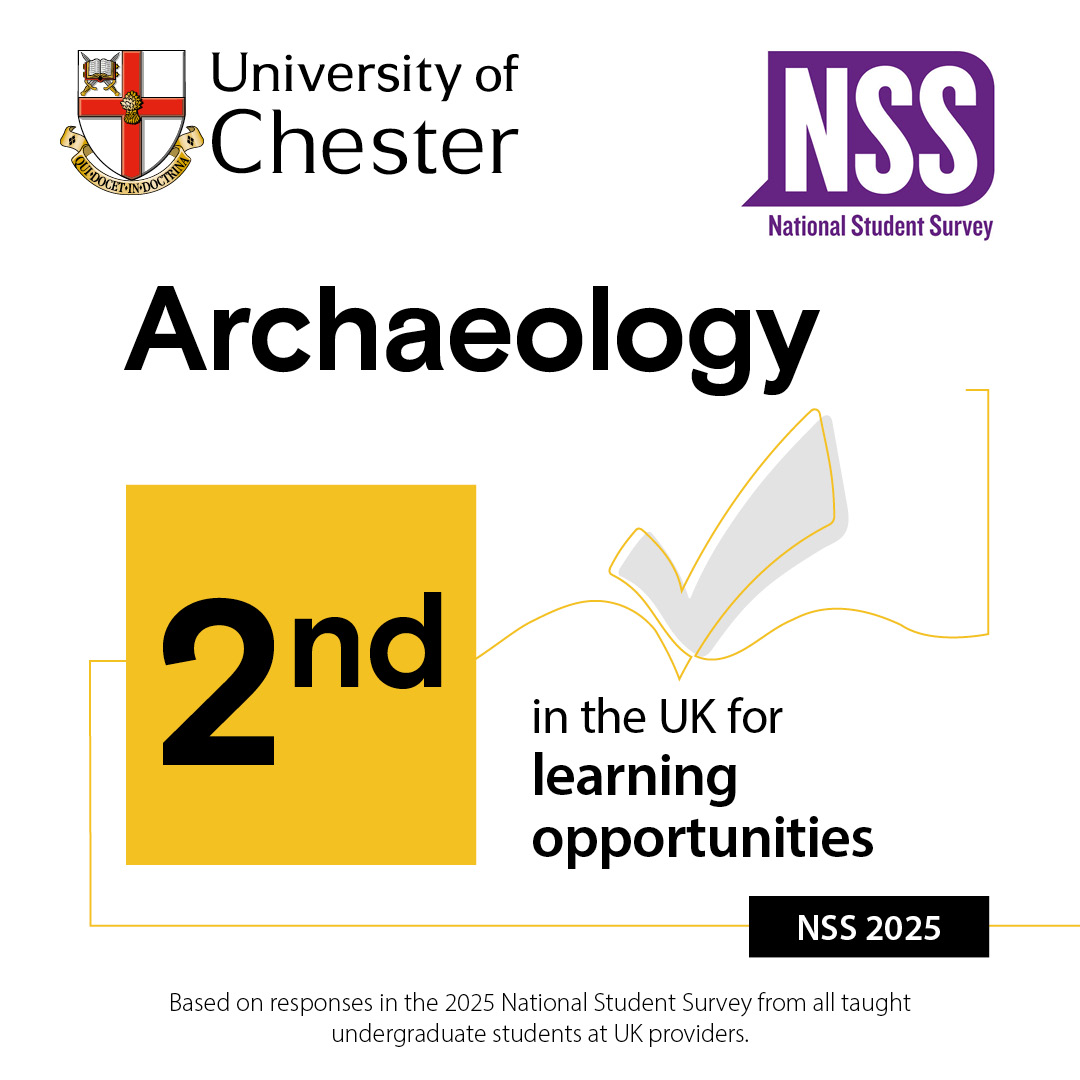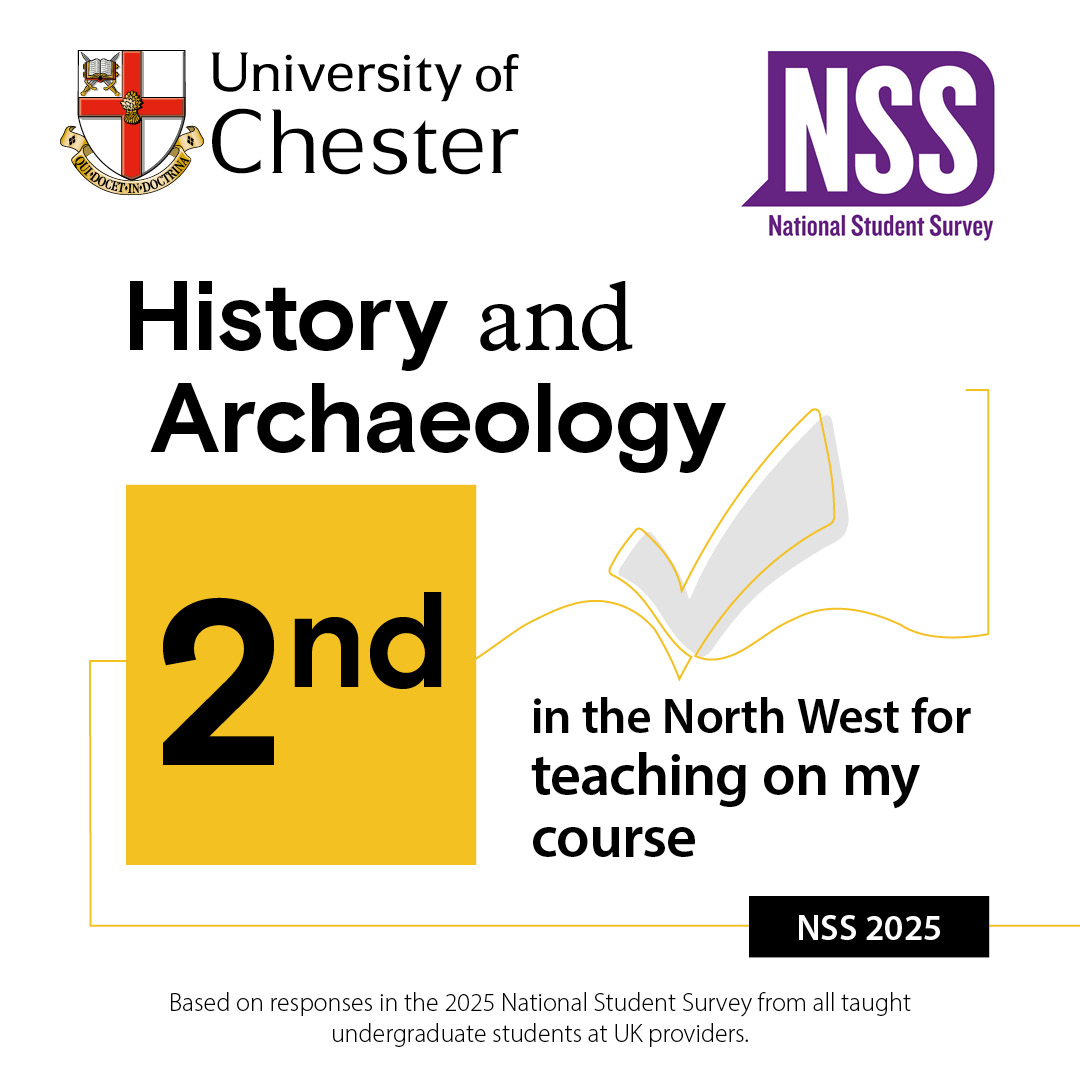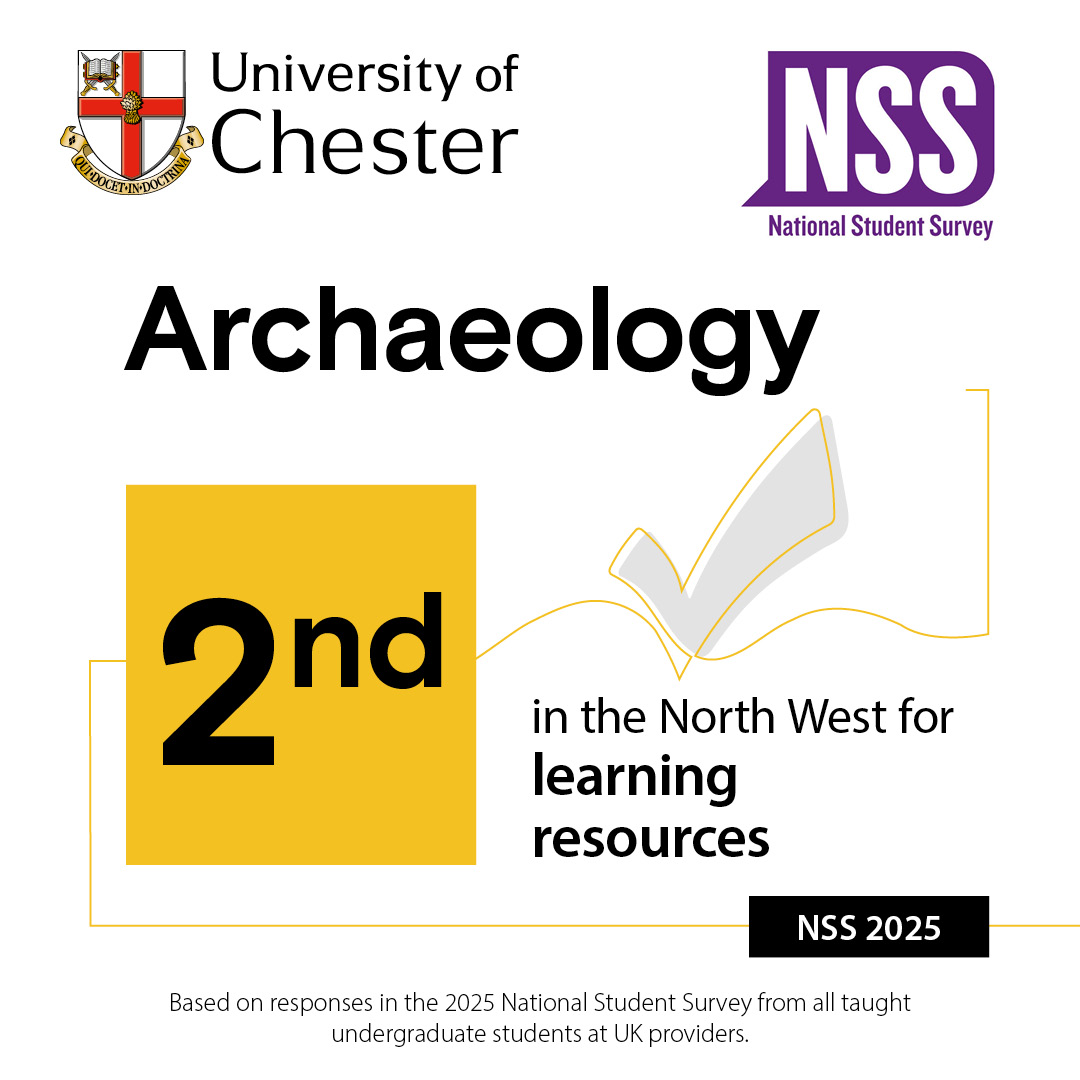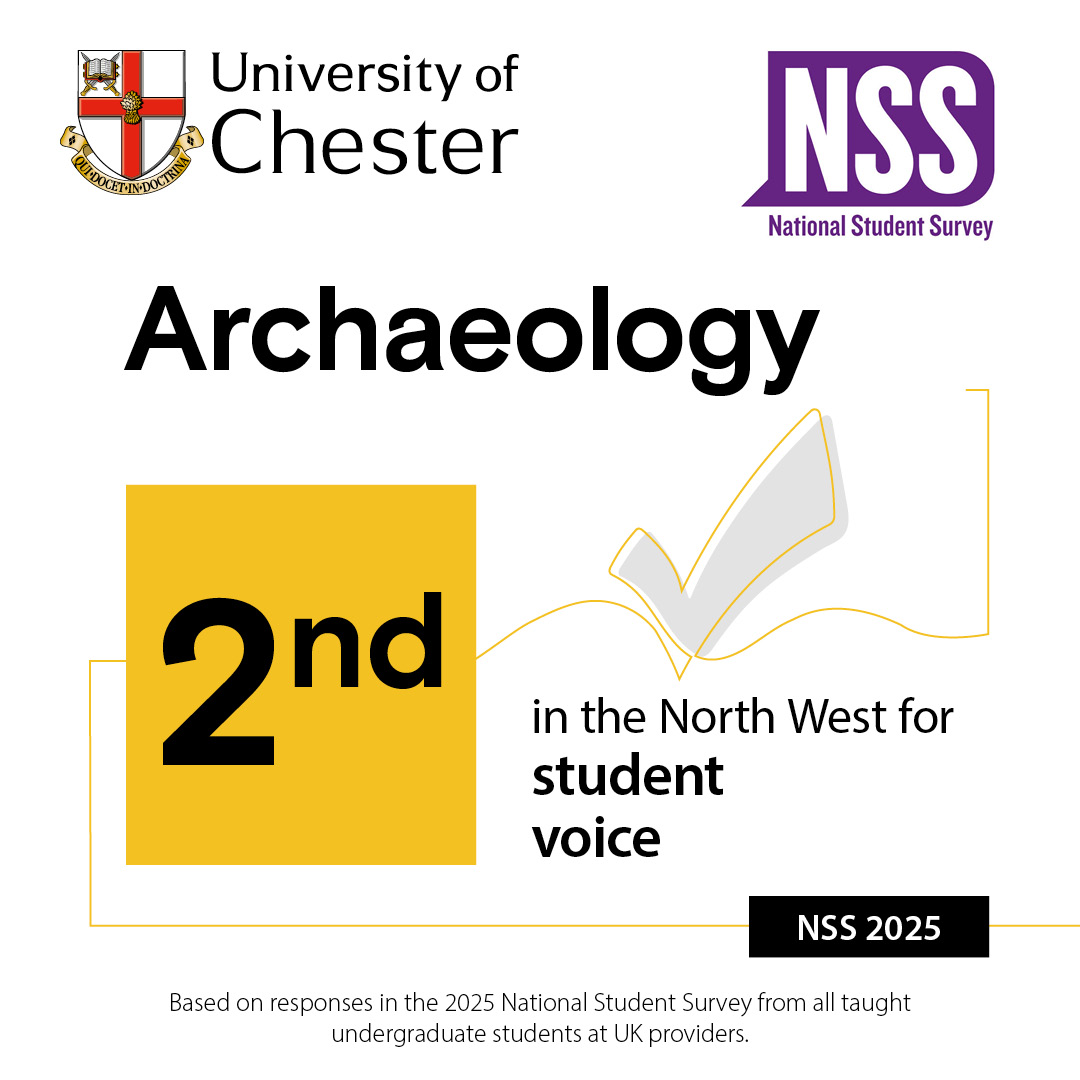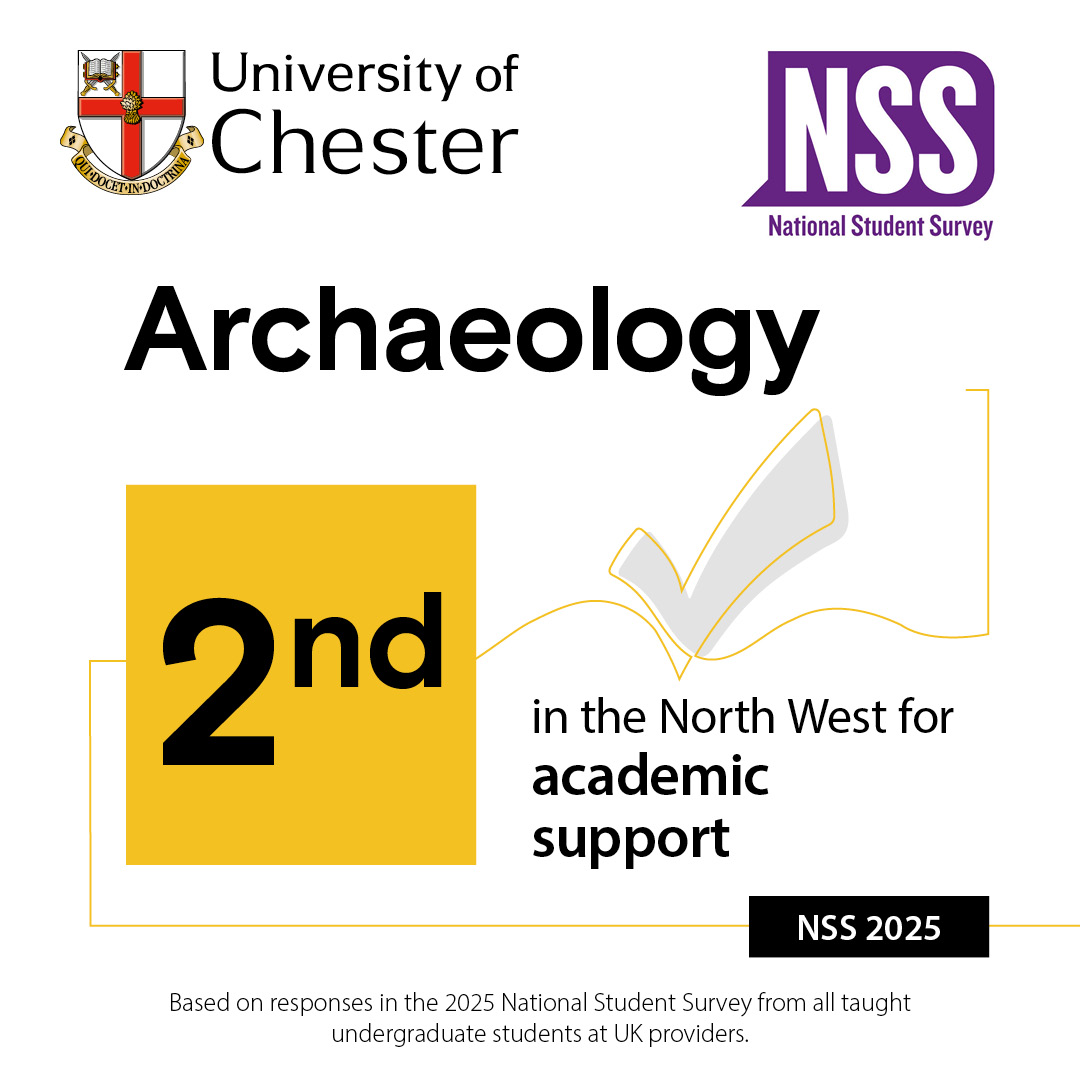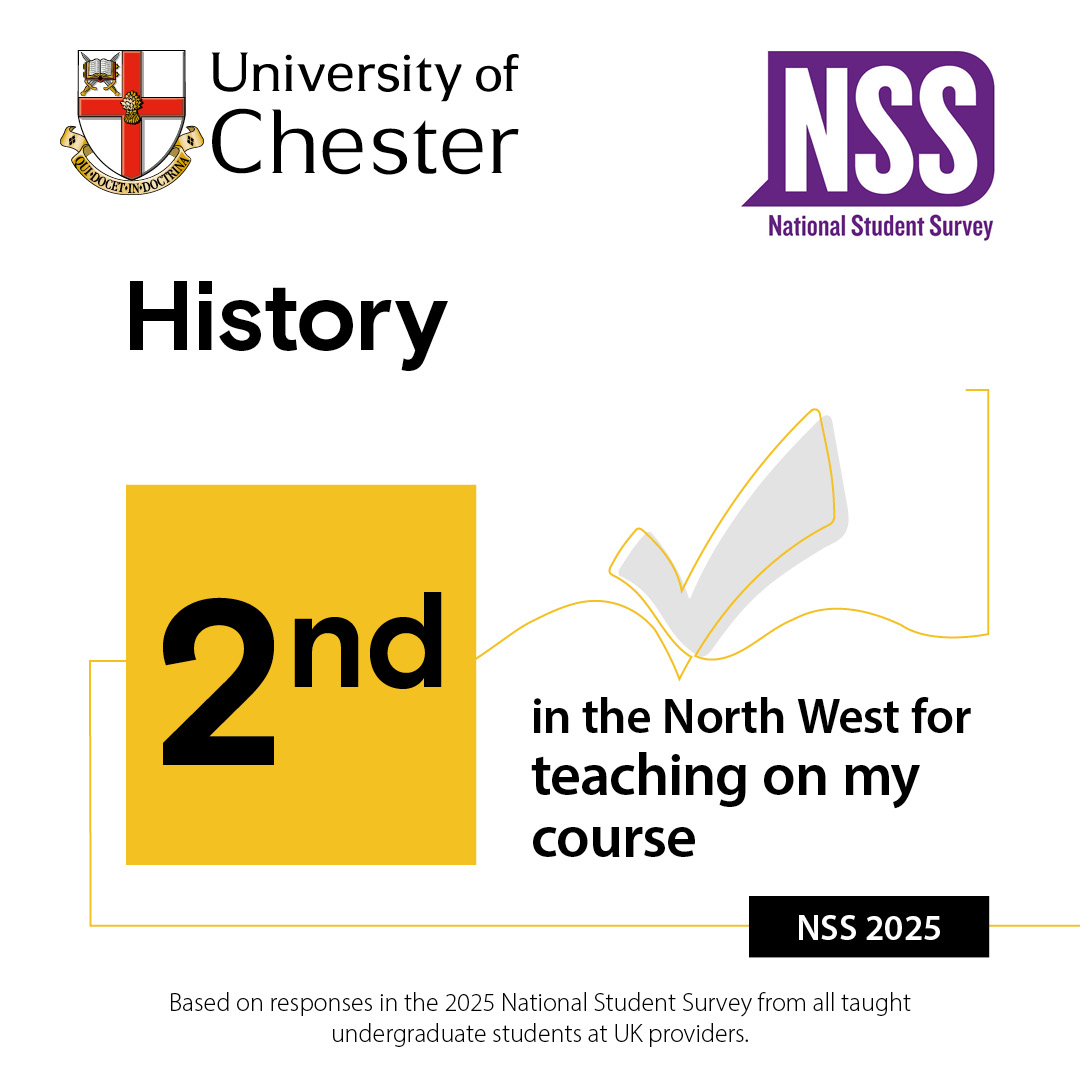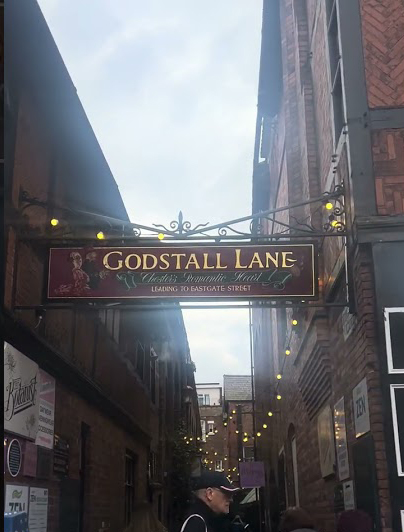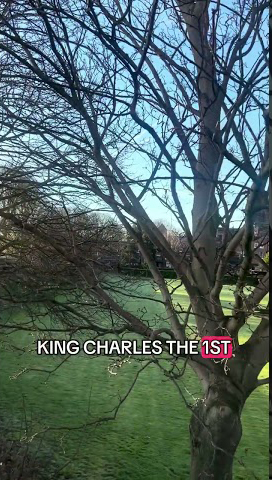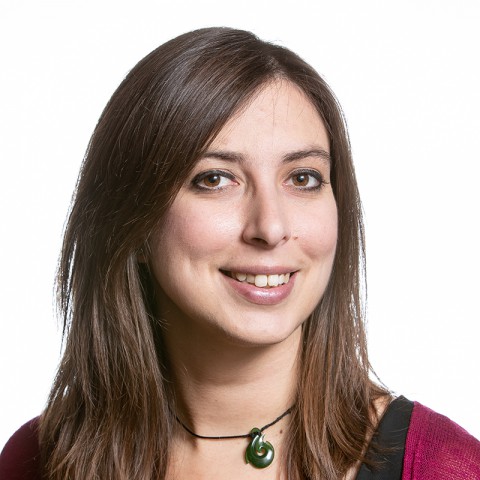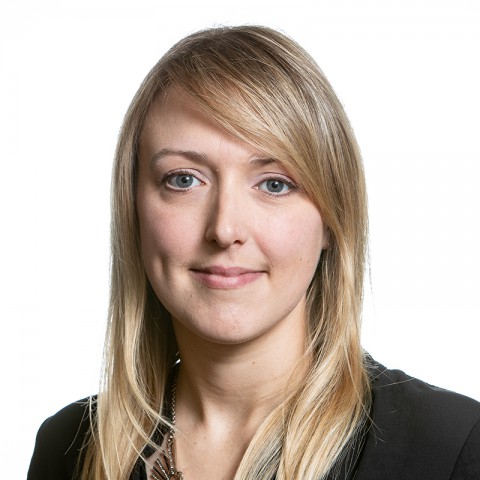112UCAS points
|
UCAS Tariff |
112 points |
|
GCE A Level |
Typical offer – BCC-BBC |
|
BTEC |
Pearson BTEC Level 3 National Extended Diploma – DMM |
|
International Baccalaureate |
28 points |
|
Irish / Scottish Highers |
Irish Highers - Leaving Certificate - Higher Level (Ireland) (first awarded in 2017) - H3, H3, H3, H3, H4 Scottish Highers - BBBB |
|
Access requirements |
Access to HE Diploma, to include 45 credits at level 3, 30 of which must be at Merit |
|
OCR Cambridge Technicals |
OCR Extended Diploma: DMM |
|
Extra Information |
Welsh Baccalaureate Advanced and A level General Studies will be recognised in our offer. We will also consider a combination of A Levels and BTECs/OCRs. |
Students from countries outside the UK are expected to have entry qualifications roughly equivalent to UK A Level for undergraduate study and British Bachelor's degree (or equivalent) for postgraduate study. To help you to interpret these equivalents, please click on your country of residence to see the corresponding entry qualifications, along with information about your local representatives, events, information and contacts.
We accept a wide range of qualifications and consider all applications individually on merit. We may also consider appropriate work experience.
English Language Requirements
- IELTS Academic: Undergraduate: 6.0 (minimum 5.5 in each band)
- Postgraduate: 6.5 (minimum 5.5 in each band)
For more information on our entry requirements, please visit International Entry Requirements.
72UCAS points
|
UCAS Tariff |
72 points |
|
GCE A Level |
72 points from GCE A Levels |
|
BTEC |
Pearson BTEC Level 3 National Extended Diploma – MPP- MMP |
|
International Baccalaureate |
24 points |
|
Irish / Scottish Highers |
Irish Highers - Leaving Certificate - Higher Level (Ireland) (first awarded in 2017) - H4, H4, H4, H4, H4 i Scottish Highers - CCDD |
|
Access requirements |
Access to HE Diploma – Pass overall |
|
OCR Cambridge Technicals |
OCR Extended Diploma: MMP |
|
Extra Information |
Welsh Baccalaureate Advanced and A level General Studies will be recognised in our offer. We will also consider a combination of A Levels and BTECs/OCRs. If you are a mature student (21 or over) and have been out of education for a while or do not have experience or qualifications at Level 3 (equivalent to A Levels), then our Foundation Year courses will help you to develop the skills and knowledge you will need to succeed in your chosen degree. |
